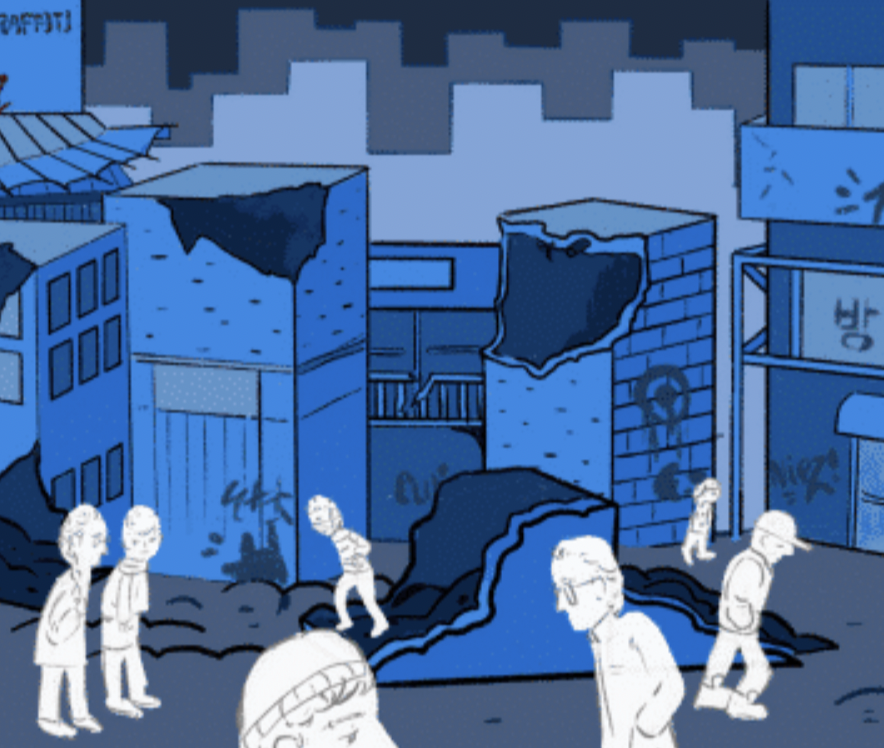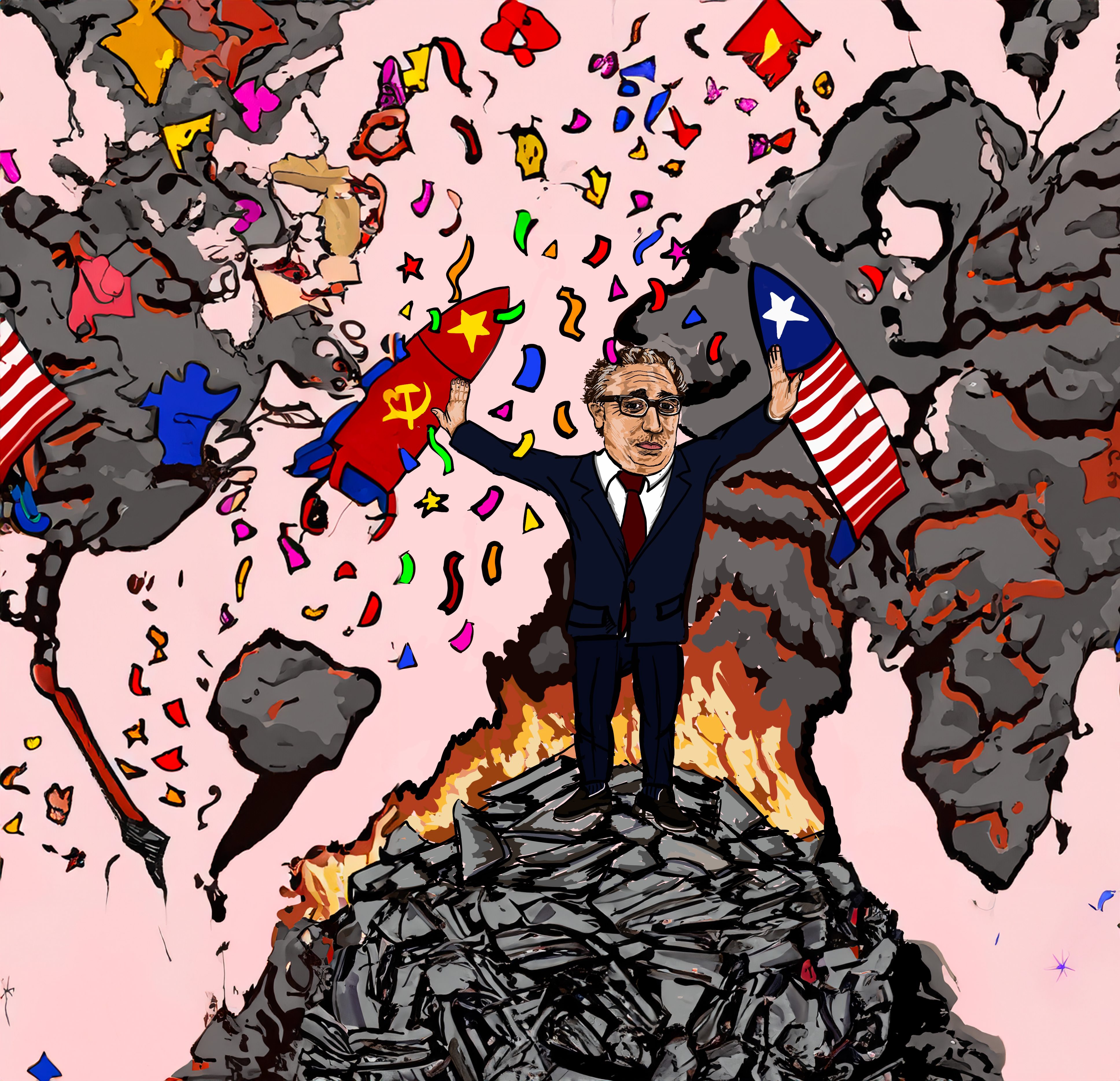In an unsurprising landslide victory, Russian president Vladimir Putin won his nation’s March 18 presidential election, cementing his authority in the country and its surrounding sphere of influence for another six years. Putin’s continued presence in office will undoubtedly worsen the already tense relations between Russia and the West.
By the end of Putin’s fourth term in 2024, he will have spent nearly a quarter of a century in Russia’s highest political office — a reign eclipsed only by Joseph Stalin. Though Russia’s constitution prohibits the president from running for office a fifth time, several pro-Kremlin commentators predict that Putin will either modify the constitution to allow his extended rule or assume another position within the government while retaining his political power and influence. Though he is an undoubtedly controversial political figure, Putin does have many supporters who rally behind him as a symbol of stability following the economic and political turmoil of the 1990s. Even after footage was released of ballot-rigging and reports of citizens pressured to vote by their employers, many Russian voters are still reluctant to elect a new leader and jeopardize this newfound security. The evidence of Putin seeking a lifetime post accumulates with each reelection.
Deteriorating relationships between Russia and Western nations have recently reached a new low since the Cold War. The tension began to rise in the past decade between Russia and the U.S. due to disagreements over involvement in Syria. Along with the recent exclusion of Russia from the 2018 Winter Olympics and British Prime Minister Theresa May’s accusation that Russia poisoned a former spy on British soil, these situations have fueled production of anti-Western propaganda, portraying Russia as the victim of Western hostility and pushing the nation into further isolation from the Western world.
All of this evidence illustrates a Russian population that is consolidating into a unified front behind Putin, hailing him as a defender of Russian ideals against “Western aggression.” With his fourth term secured, Putin shows no signs of becoming a lame duck and retiring from this campaign, but rather will likely step up the anti-Western rhetoric. This is apparent in his plans to increase interference in Syria in support of President Bashar al-Assad, despite the potential for military clashes with U.S. forces in the region. Putin has also touted Russia’s newly developed weaponry as an attempt to establish military superiority over the US; in his annual address to the Federal Assembly last month, the Russian president showed simulations of missiles targeting Florida to demonstrate their range and accuracy. By attempting to undermine America’s position as a global leader in military strength and tact, Putin is further increasing already problematic tension between the nations.
Putin’s actions during his time as his nation’s leader have centered around an anti-West agenda. With his reelection and plans to extend his time in power beyond even the loose constitutional limits of an already authoritarian government, there is little doubt what his next steps in office will be. Relations between Russia and Western countries — especially America — are worsening, and we as a nation need to be prepared to deal with the foreign policy challenge. America needs to utilize its influence as a world power and place pressure on Putin to reduce his misinformation campaign without further deteriorating current relations. This will be a difficult political and diplomatic issue to resolve, but action from the current U.S. administration is necessary to find the right balance.




